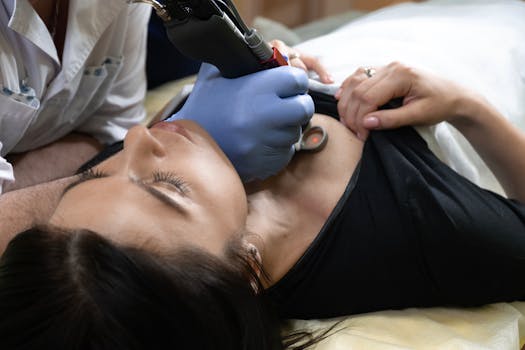
The Ultimate Guide to Skincare: Tips for Every Skin Type
Skincare is an essential part of our daily routine, and it’s crucial to understand the different skin types and how to care for them. In this article, we’ll delve into the world of skincare and provide you with the ultimate guide to taking care of your skin, regardless of your skin type.
Understanding Your Skin Type

Before we dive into the nitty-gritty of skincare, it’s essential to understand your skin type. There are five main skin types: normal, dry, oily, combination, and sensitive. Each skin type requires a unique approach to skincare, and understanding your skin type will help you tailor your skincare routine to your specific needs.
Normal Skin
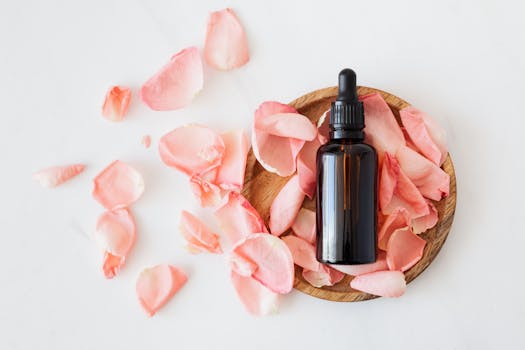
Normal skin is characterized by a balanced pH level, minimal pores, and a smooth texture. If you have normal skin, you’re lucky! You can use a wide range of skincare products without worrying about irritation or dryness.
Dry Skin

Dry skin, on the other hand, is characterized by a lack of moisture, leading to flakiness, itchiness, and irritation. If you have dry skin, it’s essential to use moisturizing products that help lock in moisture and soothe dryness.
Oily Skin
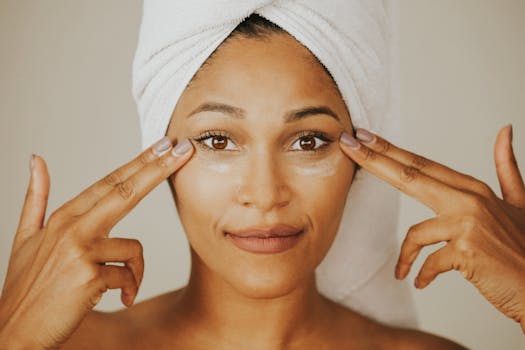
Oily skin is characterized by an overproduction of sebum, leading to clogged pores, acne, and a greasy complexion. If you have oily skin, it’s essential to use oil-free products that help control sebum production and reduce acne.
Combination Skin

Combination skin is a mix of both oily and dry skin, with oily skin on the T-zone (forehead, nose, and chin) and dry skin on the cheeks. If you have combination skin, it’s essential to use products that balance your skin’s pH and control sebum production.
Sensitive Skin

Sensitive skin is characterized by redness, irritation, and inflammation, often caused by harsh skincare products or environmental factors. If you have sensitive skin, it’s essential to use gentle, fragrance-free products that soothe and calm your skin.
Skincare Routine for Every Skin Type

Now that we’ve covered the different skin types, let’s talk about the skincare routine that suits each skin type.
Normal Skin Skincare Routine
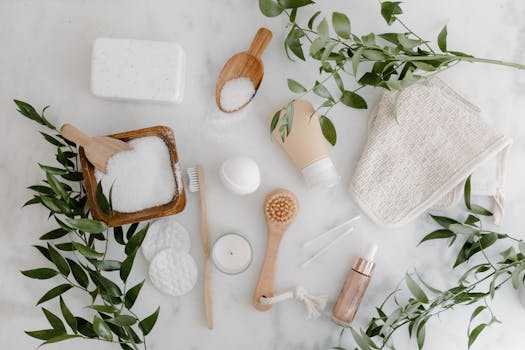
For normal skin, a simple skincare routine that includes cleansing, toning, and moisturizing is sufficient. Use a gentle cleanser, a toner that balances your skin’s pH, and a moisturizer that provides adequate hydration.
Dry Skin Skincare Routine

For dry skin, a skincare routine that focuses on moisturizing and hydrating is essential. Use a rich cleanser, a toner that helps lock in moisture, and a moisturizer that provides long-lasting hydration.
Oily Skin Skincare Routine

For oily skin, a skincare routine that controls sebum production and reduces acne is crucial. Use an oil-free cleanser, a toner that helps control sebum production, and a moisturizer that provides lightweight hydration.
Combination Skin Skincare Routine

For combination skin, a skincare routine that balances your skin’s pH and controls sebum production is essential. Use a gentle cleanser, a toner that helps balance your skin’s pH, and a moisturizer that provides adequate hydration for your dry areas and controls sebum production for your oily areas.
Sensitive Skin Skincare Routine

For sensitive skin, a skincare routine that soothes and calms your skin is crucial. Use gentle, fragrance-free products, and avoid harsh exfoliants or astringents that can irritate your skin.
Additional Skincare Tips
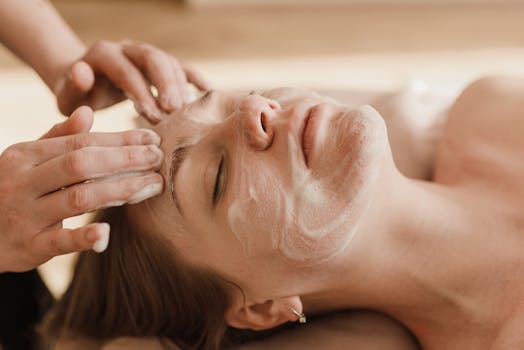
In addition to following a skincare routine tailored to your skin type, there are several additional tips that can help you achieve healthy, glowing skin.
Exfoliate Regularly

Exfoliating helps remove dead skin cells, unclog pores, and improve skin texture. Use a gentle exfoliant containing alpha-hydroxy acids (AHAs) or beta-hydroxy acids (BHAs) one to three times a week, depending on your skin type and concerns.
Use Sunscreen Daily

Sunscreen is essential for protecting your skin from UV rays, which can cause premature aging, dark spots, and skin cancer. Use a broad-spectrum sunscreen with an SPF of at least 30 daily, even on cloudy days.
Stay Hydrated

Drinking plenty of water helps flush out toxins, hydrate your skin, and improve skin elasticity. Aim to drink at least eight glasses of water a day, and adjust your intake based on your activity level and climate.
Get Enough Sleep

Sleep is essential for skin health, as it allows your skin to repair and regenerate itself. Aim for seven to nine hours of sleep per night, and establish a consistent sleep schedule to help regulate your skin’s natural rhythm.
Conclusion

In conclusion, taking care of your skin requires a tailored approach that considers your unique skin type and concerns. By understanding your skin type, following a skincare routine tailored to your needs, and incorporating additional skincare tips, you can achieve healthy, glowing skin that looks and feels its best.






